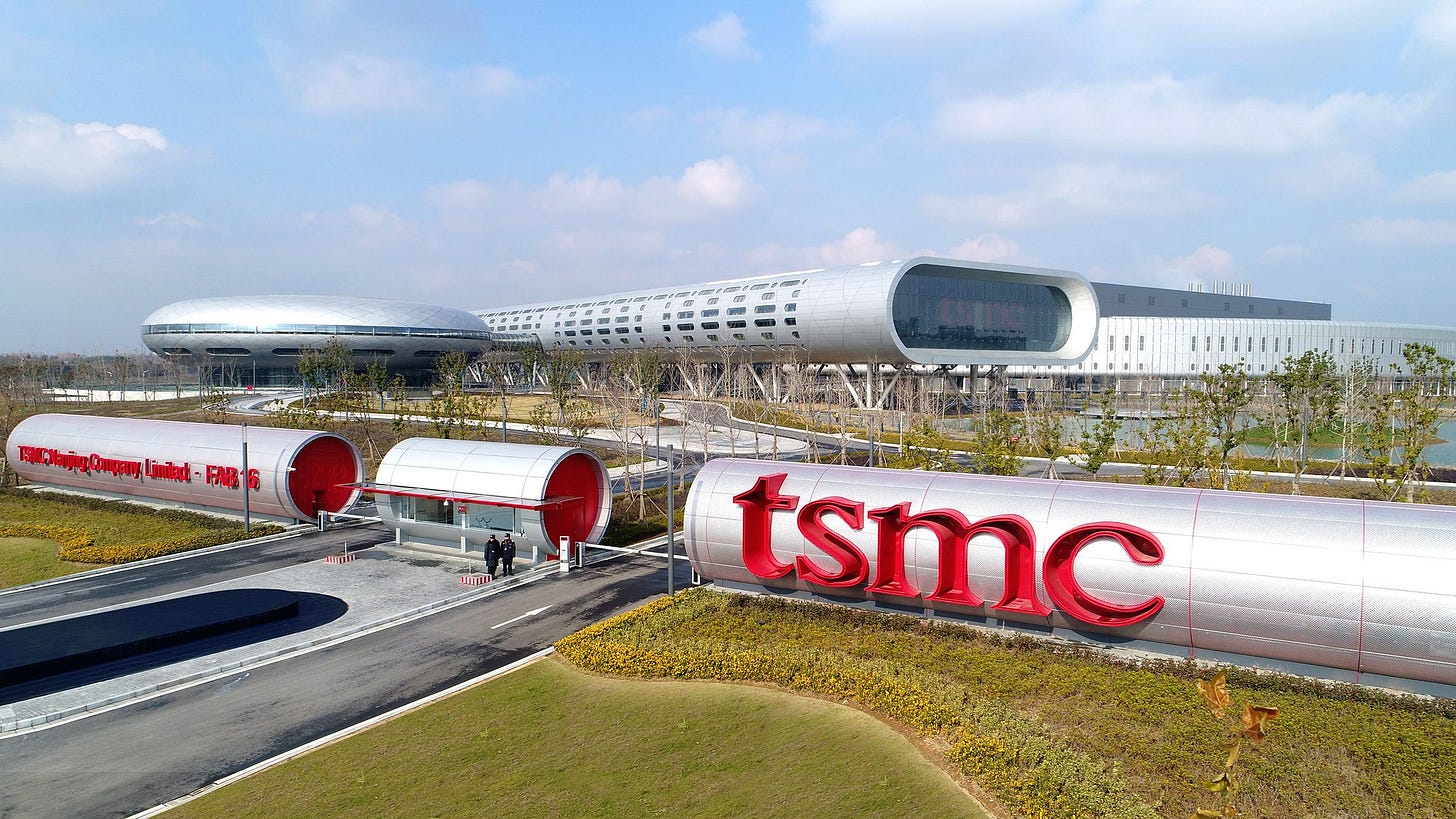TSMC Suspends Advanced Chip Supplies to China: Implications for China’s AI Industry in Competition with the U.S.
Chinese media Ijiwei has reported, citing multiple sources, that TSMC has formally notified its AI chip customers in China that it will cease supplying advanced 7nm and below chips to them starting November 11. This decision appears to have been influenced by both suspicions regarding potential indirect access by Huawei to these advanced chips and recent pressure from U.S. President-elect Donald Trump, who suggested that TSMC may be required to pay the U.S. for protection.
Although TSMC has not disclosed which Chinese companies use its advanced-node foundry services, it is widely believed that major Chinese tech firms not currently on the Entity List—such as Baidu, Alibaba, and Tencent—have been producing custom AI chips with TSMC.
Some industry insiders suspect that TSMC’s longstanding trust in established customers may have been exploited, leading to unauthorized access by Huawei. A notable case involved Sophgo, a TSMC client whose chips matched those found in Huawei's Ascend 910B. Sophgo, an affiliate of cryptocurrency mining company Bitmain (a longstanding TSMC customer), denied any connection with Huawei. However, efforts have been made to prevent similar breaches.
Following an October report by TechInsights that identified a TSMC 7nm chip in Huawei’s processor, TSMC promptly notified the U.S. government and has since been cooperating with the U.S. Department of Commerce to block China’s access to these advanced nodes.
The report was updated with more details provided by another source familiar with the matter. The source said several American nationals went to Taiwan last Friday to discuss further control of the advanced manufacturing process in China. Recently, mainland AI-related IC design companies have received emails from TSMC informing them that it will suspend the supply of 7nm and below process chips on November 11.
However, the source said not all mainland IC design companies will not obtain TSMC's advanced process support from now on, and the latest control is currently limited to AI/GPU-related. Chips for smartphones, automotive, and other applications are not under restrictions. As for AI/GPU-related chips, it is necessary to wait until TSMC and the U.S. Department of Commerce to negotiate the introduction of specific control details. Eligible chips are still expected to apply for a license to continue to tape out at TSMC.
TSMC declined to comment and the U.S. Department of Commerce did not respond to the request of Financial Times.
It is worth mentioning that the mainland manufacturers involved in the previous “White Glove” incident have had all their wafers destroyed by TSMC, and it is not yet known whether they will be able to continue to place orders for foundry work at TSMC in the future, according to the Ijiwei report.
The impact on Chinese AI and GPU firms is expected to be significant. Without access to TSMC’s advanced processing, Chinese AI processors and GPUs will face reduced performance and competitiveness, leading to higher costs and extended time to market. This will likely prompt a reshuffling of China’s AI and semiconductor supply chain as companies seek alternative foundries.
While SMIC remains the only domestic Chinese company capable of producing 7nm chips, it faces challenges with low yields that make production at this level unprofitable. Moreover, SMIC’s limited capacity is further constrained by U.S. export controls that block China from obtaining EUV (Extreme Ultraviolet) lithography machines, essential for producing advanced chips.
Although TSMC may experience some revenue slide from suspending advanced chip supplies to Chinese clients, it will gain the trust of U.S. customers and its government.
The broader implications underscore a critical moment for the AI industry in China. With the rapid evolution of AI technology, speed in accessing cutting-edge hardware will be essential for maintaining competitiveness. TSMC’s decision, therefore, delivers a substantial blow to China’s AI industry, where advancements now risk being significantly delayed in the face of escalating technological competition with the United States.



